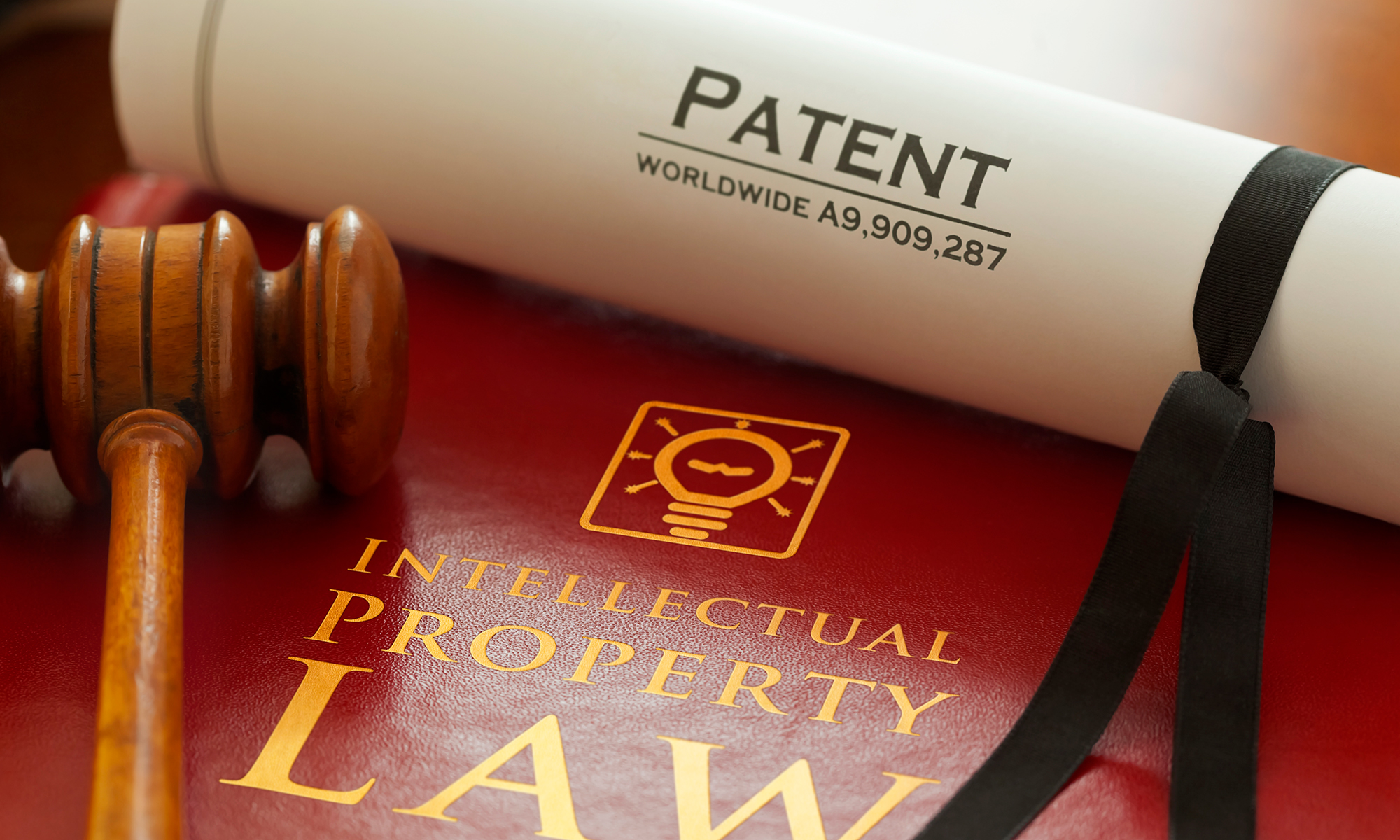A panel of judges at the Patent Trial and Appeal Board (“the Board”) recently estopped a Petitioner from joining a petition for inter partes review under 35 U.S.C. § 315(e)(1). The panel’s order denying institution and joinder is notable for its interpretation of the Federal Circuit’s decision in Shaw Industries Group v. Automated Creel Systems, Inc. 817 F.3d 1293 (Fed. Cir. 2016). The panel’s interpretation is markedly different from an earlier application of that case by Judge Robinson of the U.S. District Court for the District of Delaware.
Continue reading “PTAB Panel Estops Petitioner Under 315(e)(1)”
